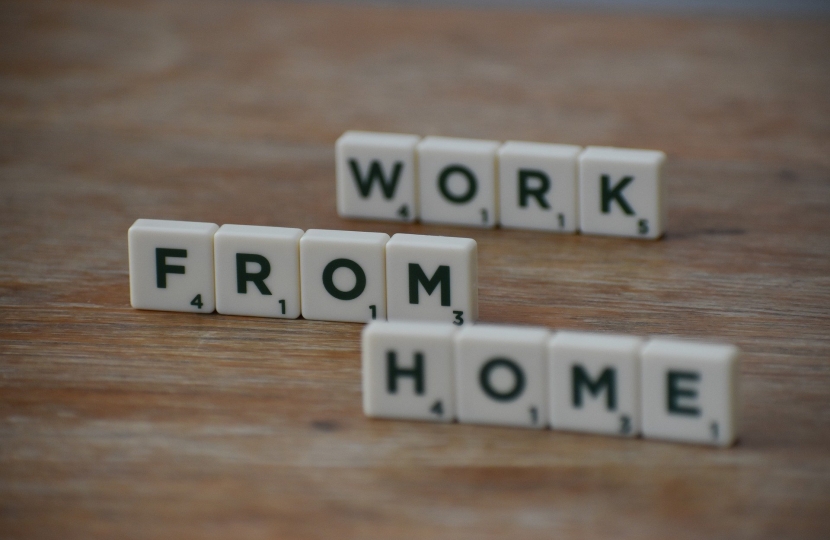
I have just been sent details of the new reduced timetable being proposed by Govia Thameslink Railway from Monday 22 February across the network. It follows a presentation that rail managers gave to local Parliamentarians last week which revealed that the impact of coronavirus and the new national lockdown measures has been a drastic fall in passenger numbers to around 15% of pre-Covid weekday levels.
Certainly, in the few trips I have made to London in recent months the train has been all but deserted and clearly the train operating companies do not have viable businesses in current conditions. The big question of course is whether the situation will return to normal when we are through this wretched pandemic. The simple answer is no, and ‘normal’ will probably look very different.
Lockdown has shown just how easy it is to work remotely for many office-based jobs, just so long as you have reliable broadband and can guard against pets or errant children walking across your screen. Notwithstanding current domestic pressures of home schooling and not being able to escape to the pub when you need a break, people are realising that 2 to 3 hours not spent on a crowded rush hour train can present better work/life balance opportunities.
For those who have the space at home working part time or full time from a virtual office may be viable. Southern Rail are predicting that only a third of London commuters may return to full time commuting and flexible season tickets will become the norm. But if you are a 20 something sharing a tiny flat with 2 other office workers, then trying to hold Zoom calls on a laptop perched on the edge of your bed battling for the Wi-Fi signal, homeworking has its limitations.
I think the future will lie in flexible working with local multipurpose workspaces which people can combine with working from home and still dropping into head office. Some companies may rent local office space where on Monday and Tuesday it may be available to Barclays workers, on Wednesdays Mars and KPMG the rest of the week or whatever. As long as the Wi-Fi works and data can be held securely the pandemic has shown that many people can work from anywhere. Given the carnage on the high street this may just be the way to repurpose old department stores now in danger of being boarded up.
Sharing workspace with people from other disciplines and companies is good for cross-fertilisation of ideas, and socialising with real colleagues rather than virtual ones is good for our wellbeing and mental health as well. Building back better after the pandemic potentially offers a whole range of exciting opportunities which if we get it right could benefit our work/life balance, our local economy and the environment.


